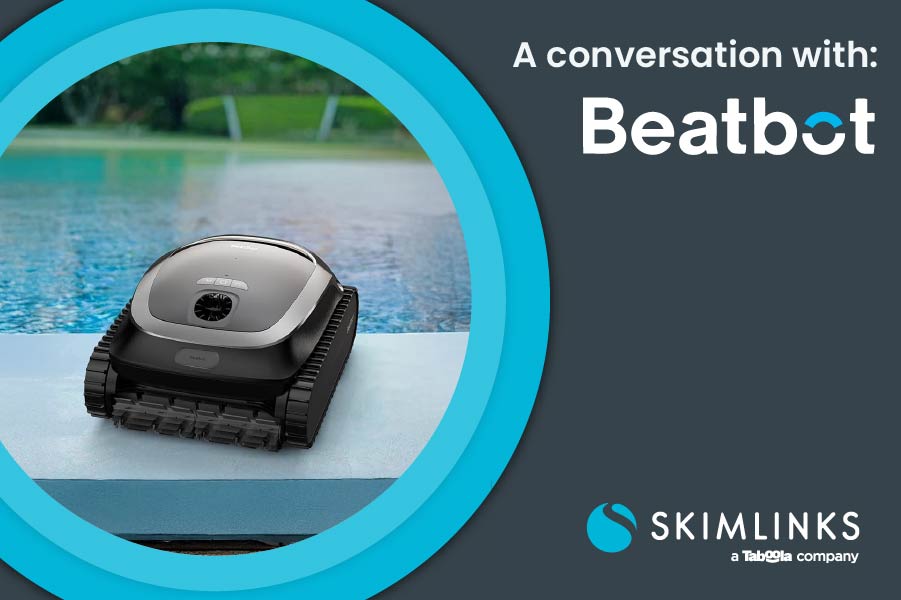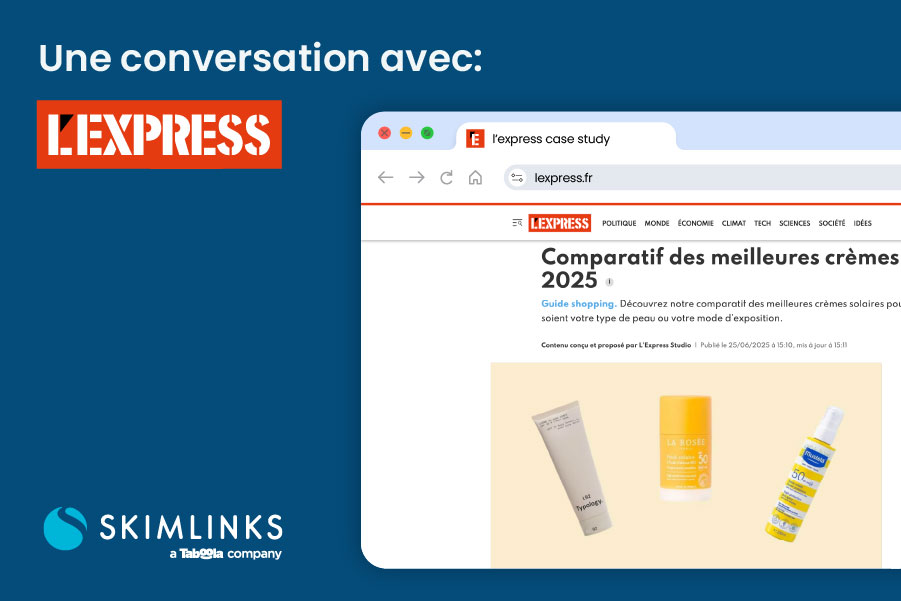Insights
Expert content and strategies for maximizing your digital marketing impact
Cyber Week 2025 UK: The brands and categories winning consumer attention
Discover the top brands, categories and rising trends of Cyber Week 2025
How GoWish scaled rapid global growth with Skimlinks
Discover how GoWish partnered with Skimlinks to turn a high-speed, multi-market rollout into a smooth, scalable success story.
How to stay agile and in-control this Q4
With just a few weeks until BFCM, we’re sharing three tools to help you easily optimize your content – without adding to your workload.
Planifier plus intelligemment, gagner plus : le calendrier éditorial France Skimlinks 2026 pour les éditeurs
Le Calendrier éditorial Skimlinks 2026 est conçu pour aider les éditeurs à planifier du contenu qui correspond aux moments qui intéressent le plus les lecteurs français.
Plan smarter, earn more: Skimlinks’ 2026 UK Editorial Calendar for Publishers
The 2026 Skimlinks UK Editorial Calendar is designed to help publishers plan content that aligns with the moments readers care about most.
Intelligenter planen, mehr verdienen: Der Skimlinks Redaktionskalender 2026 für deutsche Publisher
Der Skimlinks Redaktionskalender 2026 wurde entwickelt, um Publishern zu helfen, Inhalte zu planen, die perfekt auf die Momente abgestimmt sind, die für deutsche Leser am wichtigsten sind.
2025年ショッピング商戦期パブリッシャーガイド:Ready、Set、Convert! パート2
商戦期(11月中旬以降)にパブリッシャーが取るべき具体的アクションを届けします。この記事を読めば、繁忙期に収益を最大化する「勝ちパターン」がつかめます。
Turn trends into revenue: 3 ways to win with Q4 Confidential
With peak shopping season officially underway, Q4 Confidential is your guide to the trends, products and merchants set to dominate this year.
Q4 Confidential: How to get your products featured by top publishers
Insider strategies for e-commerce and retail brands to win premium publisher placements during the Cyber Five and Q4 shopping surge.
A conversation on scaling: Beatbot’s Affiliate Lead on winning in Europe
We spoke with Beatbot’s Affiliate Lead, to find out how they built and scaled Beatbot's affiliate program in Europe.
How Beatbot strengthened European affiliate growth with Skimlinks
Discover how BeatBot grew their affiliate presence in Europe and reached new audiences.
Une conversation avec L’Express : comment le succès commercial est propulsé par l’excellence éditoriale
Nous avons échangé avec L'Express pour découvrir comment ils ont propulsé leur succès commercial en alliant excellence éditoriale.











